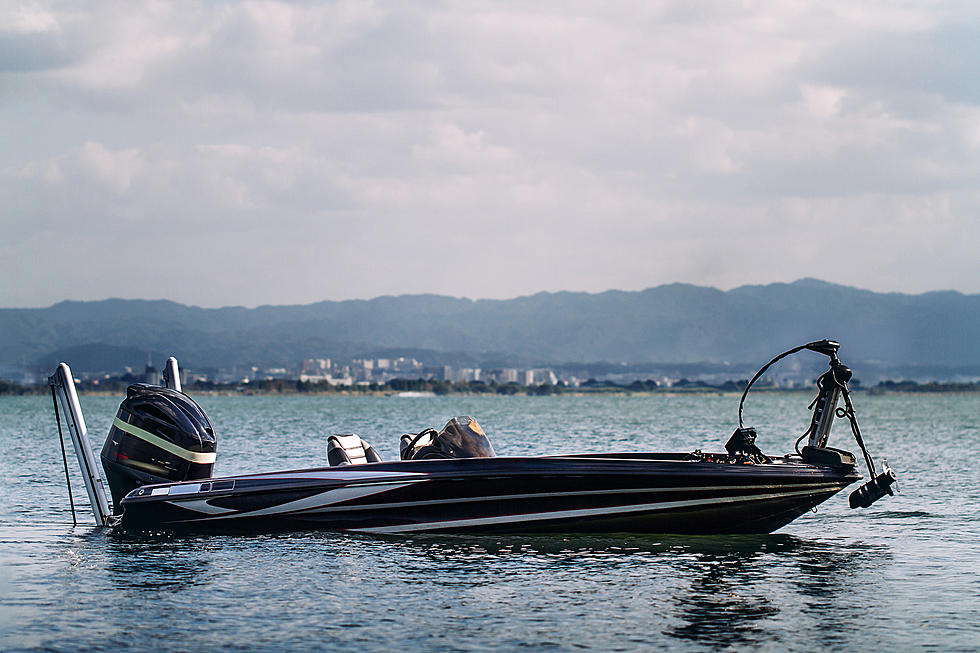
Minnesota DNR Reminds Early Season Boaters to Play It Safe
The boating season in the Northland is short, so boaters will hit the water as soon as possible. With that in mind, the Minnesota Department of Natural Resources urges boaters to play it safe, especially early in the year when water is still dangerously cold.
According to the DNR, about 30 percent of fatal boating accidents in Minnesota occur during the cold-water period. A big reason why is lack of a life jacket, which should always be worn, but is especially crucial when the water is so cold. Cold shock response hits your body within the first 2-3 minutes after hitting the water that can lead to a quick drowning for those not wearing a life jacket.
“Our boating season in Minnesota is limited, so we know people want to spend every moment they can on open water,” said Col. Rodmen Smith, director of the DNR Enforcement Division. “But even among the strongest of swimmers, a fall into the water in April is far more dangerous than the same fall in July because of the incapacitating effects of cold water.”

The DNR recommends boaters follow these tip as they begin taking taking their first trips of the year onto the water:
- Ensure their boat is equipped with proper safety equipment and that it’s all functioning properly.
- Wear a life jacket (foam is more effective than inflatables during the cold-water season). A life jacket is the one thing most likely to help people survive a fall into cold water.
- Distribute weight evenly and abide by manufacturer’s weight limits to reduce the likelihood of falling overboard.
- Have a means of communication. Boaters also should let other people know where they’re going and when they plan to return.
- Watch the weather to avoid shifting winds or storms.
Even wearing a life jacket in cold water doesn't guarantee safety, but it at least gives you a chance. Those who find themselves in cold water with a life jacket are encouraged to learn the 1-10-1 principle to save their life:
1 Minute
- Get breathing under control
10 Minutes of meaningful moment
- Assess the situation and make a plan.
- Perform most important functions first, such as locating other party members.
- Self-rescue if possible.
- Practice emergency communications and signaling.
1 Hour (or more) of useful consciousness
- Focus on slowing heat loss.
5 Great Places To Run Outside In The Northland
See the Must-Drive Roads in Every State
More From B105









